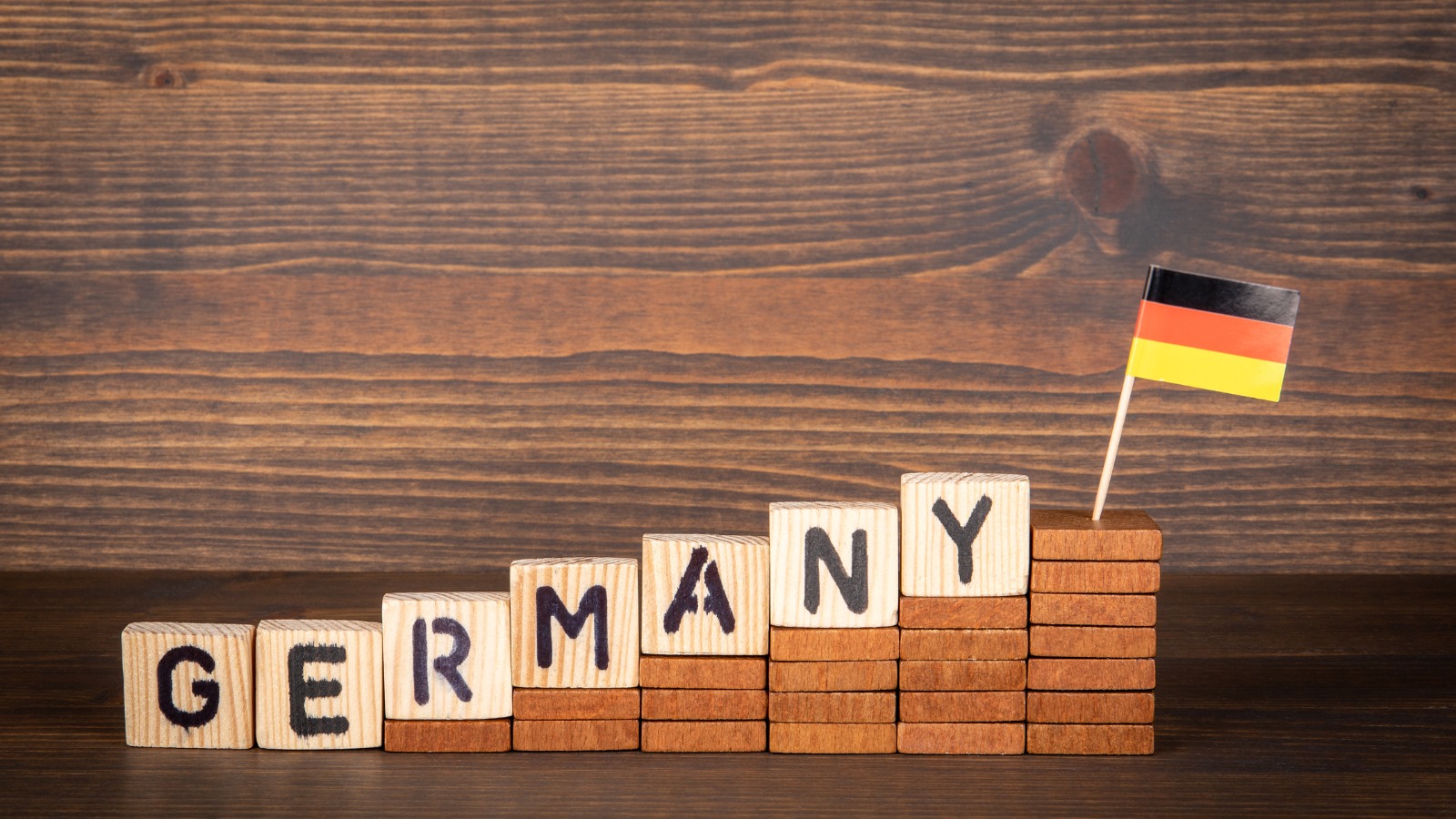The German Minimum Wage and Average Salary Dynamics
-
 Admin
Admin
- Sep 06, 2024

Germany is a shining example of stability in Europe, known for its strong labour market and economic might. Millions of people's livelihoods are shaped by the complex relationship between average incomes and minimum wages, which is at the core of its economic structure. This blog examines the dynamics, evolution, and relevance of Germany's minimum wages, the German labour market, and average earnings.
German Minimum Wage:
In Germany, the idea of a minimum wage is relatively new. The goal of the minimum wage law, which was introduced on January 1, 2015, was to guarantee workers' fair compensation and to stop exploitation. Wage regulations were mostly handled by collective bargaining agreements between trade unions and companies before this legislation.
Germany's minimum wage is set at €12.00 per hour as of January 2024. The Minimum Wage Commission is responsible for periodically reviewing and adjusting this amount based on several economic criteria, such as inflation and general economic performance.
Minimum Wage Evolution:
Germany's minimum wage has changed since it was established to account for shifting social demands and economic conditions. The most significant change happened in 2017 when a group entrusted with evaluating the minimum wage's sufficiency recommended raising it to €8.84 per hour. To maintain the minimum wage's purchasing power over time, this gradual increase was intended to bring it into line with productivity growth and inflation.
Furthermore, Germany's minimum wage is subject to assessments regularly, allowing for modifications depending on social and economic factors as well as economic statistics. This flexible strategy makes sure that the minimum wage continues to be a useful tool for reducing income inequality and maintaining low-paid workers' standards of living.
Average Pay: An Indicator of the State of the Economy
Similar to minimum wages, average salaries are an important indicator of a country's economic health. To determine equitable compensation levels across a range of industries, trade unions in Germany have a long history of negotiating wage agreements with employers.
The result of these talks is reflected in the average income in Germany, which covers a broad range of occupations and skill levels. It is a gauge of the state of the economy, indicating changes in labor market competitiveness, employment dynamics, and productivity.
Wage Dynamics-Relating Factors:
The dynamics of average earnings and minimum wages in Germany are influenced by multiple variables.
- Strong economic growth in Germany: Frequently results in higher average compensation as companies increase their income and scale their operations. On the other hand, economic downturns may limit wage growth and exert pressure on minimum wage laws.
- Conditions of the Labor Market: Tight labor markets, which are defined by low unemployment rates and strong worker demand, often drive up salaries. Conversely, situations of excess labor can prevent wage growth and heighten competition for low-paid positions.
- Cost of Living and Inflation: Shifts in these two factors have a direct bearing on how much money can be earned. Minimum wage and collective bargaining agreement adjustments frequently take inflationary pressures into account to guarantee that workers can retain their quality of living.
- Legislative and Regulatory Frameworks: Government initiatives that affect wage dynamics include social security payments, labor regulations, tax reforms, and German labor laws. The take-home pay of employees may be significantly impacted by legislative actions like raising the minimum wage or altering income tax brackets.
In Conclusion, the complex processes at work in Germany's labor market are shown by the delicate link between average incomes and minimum wages. To promote sustainable progress and prosperity for all, it is still critical to pursue fair and equitable pay as the nation navigates societal problems and economic transformations.


Comments
Smith
3
Smith
3
Smith
3
Smith
3
Smith
3
Smith
3
Smith
3
Smith
3
Smith
3
Smith
3
Smith
3
Smith
3
Smith
3
Smith
3
Smith
3
Smith
3
Smith
3
Smith
3
Smith
3
Smith
3
Smith
3
Smith
3
Smith
3
Smith
3
Smith
3
Smith
3
Smith
3
Smith
3
Smith
3
Smith
3
Smith
3
Smith
3
Smith
3
Smith
3
Smith
3
Smith
3
Smith
3
Smith
3
Smith
3
Smith
3
Smith
3
Smith
3
Smith
3
Smith
3
Smith
3
Smith
3
Smith
3
Smith
3
Smith
3
Smith
3
Smith
3
Smith
3
Smith
3
Smith
3
Smith
3
Smith
3
Smith
3
Smith
3
Smith
3
Smith
3
Smith
3
Smith
3
Smith
3
Smith
3
Smith
3
Smith
3
Smith
3
Smith
3
Smith
3
Smith
3
Smith
3
Smith
3
Smith
3
Smith
3
Smith
3
Smith
3
Smith
3
Smith
3
Smith
3